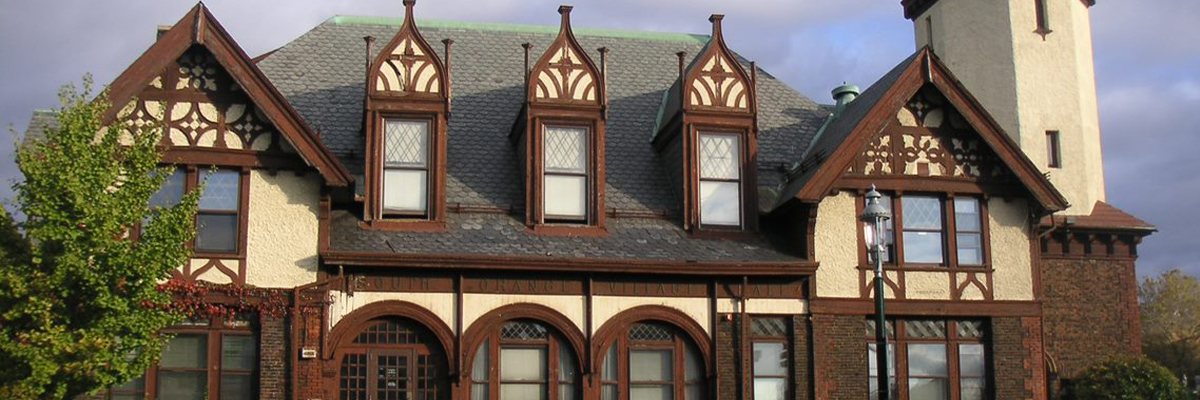What are Easements?
Term easements are generated as a requisite of non-profit organizations receiving capital grants from the Trust in excess of $50,000. Easements are currently not required from municipal, county, or state grant recipients; however, there are some term easements dating from the 1990s that are still in effect for properties owned by municipal, county or state governments.
Non-profit organizations or agencies of governments with term easements still in effect must provide an easement report to the New Jersey Historic Trust annually until the term of the easement expires. These annual reports, referred to as Schedule D, are due on the anniversary that the grant was closed. Additionally, any work proposed on features protected by the easement must first be reviewed and approved by the New Jersey Historic Trust. You can request approval for a project by submitting a completed Request for Approval Form, referred to as Schedule E.
A perpetual preservation easement is a legal instrument that provides enduring protection for a historic property. Residences, commercial structures, farmsteads, and formal gardens are a few examples of the types of historic properties protected by preservation easements. The historic property should be listed or be eligible for listing on the New Jersey Register of Historic Places.
A preservation easement donated to the New Jersey Historic Trust typically prohibits demolition and restricts unsympathetic changes to the exterior of a structure, and may extend similar protection to interior features or the surrounding landscape. An easement may also include provisions for public access and limitations on use.
An easement is recorded in deed form in the county land records. After the easement is recorded, a Historic Trust representative will inspect the property periodically--usually once a year--in order to ensure that the terms of the easement are upheld.
Perpetual Easement Brochure [PDF]
By donating an easement, a donor ensures the greatest possible protection of the historic character of the property. An easement granted in perpetuity lasts forever.
A donor may also qualify for federal tax benefits. The value of an easement granted in perpetuity to a qualified organization, such as the New Jersey Historic Trust, can be deducted as a charitable contribution for federal income tax purposes.* Decreases in federal estate taxes and local property taxes may also result from the donation. In addition, tax benefits may be produced by combining rehabilitation tax credits with the donation of an easement.
Most significantly, easement donors contribute to the preservation of New Jersey's history for the appreciation of present and future generations.
In recognition of the public benefit provided by the gift, a donor will receive a bronze identification plaque for the property. This plaque will serve as a permanent reminder that the historic character of the property is protected by the New Jersey Historic Trust.
*You should consult with a tax attorney to determine if your easement donation qualifies for tax benefits.
 Official Site of The State of New Jersey
Official Site of The State of New Jersey
